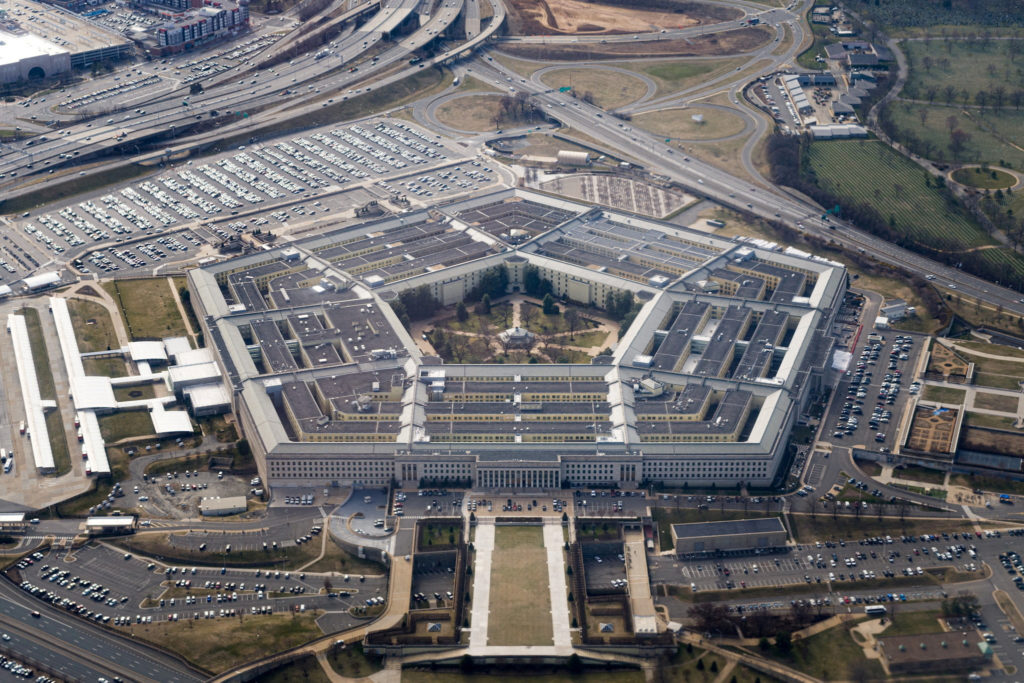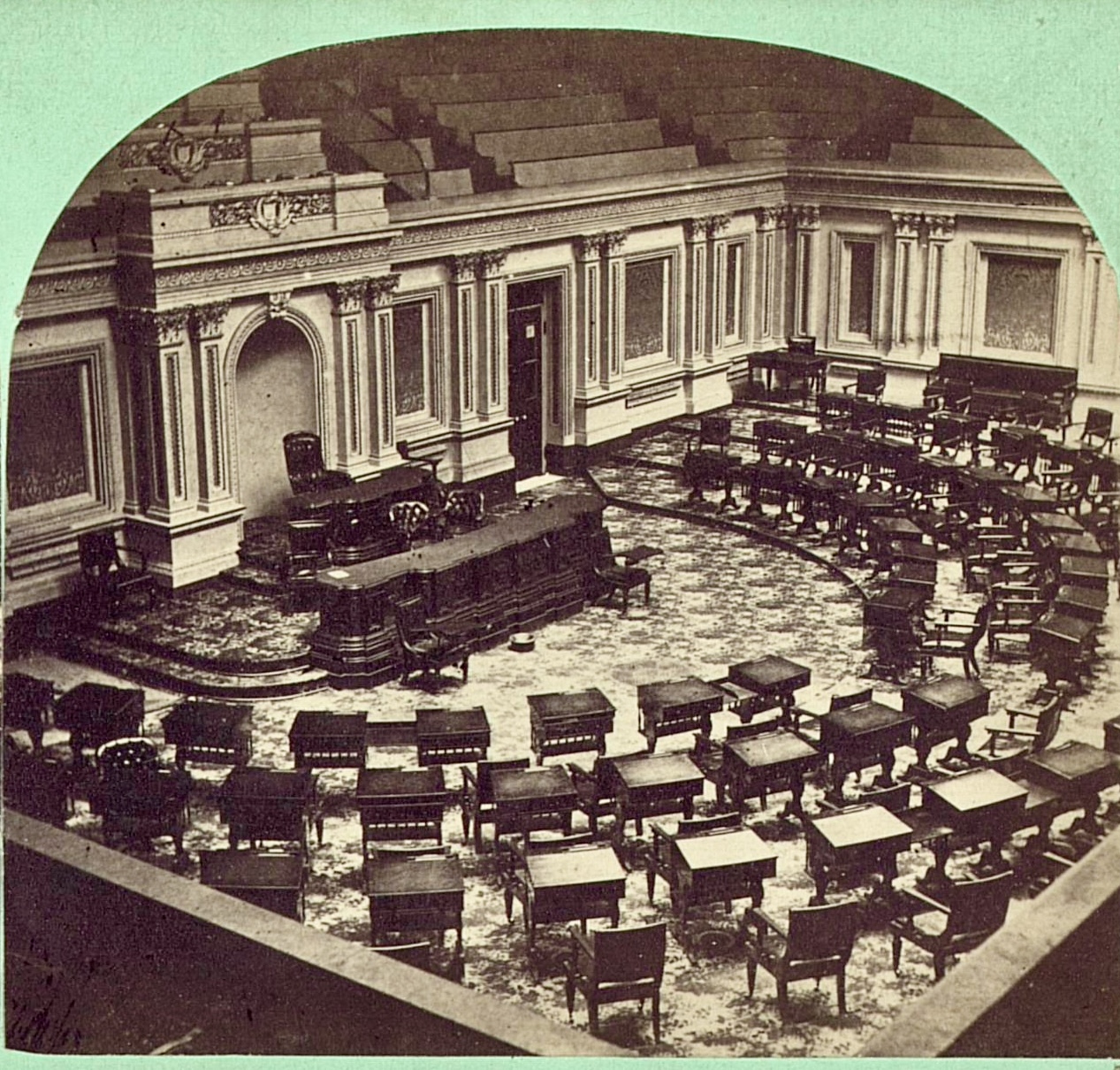The fentanyl crisis killing 70,000 Americans annually demands decisive action, but a fascinating constitutional showdown is brewing between two America First champions over how far presidential war powers should extend. Senator Rand Paul’s challenge to Trump’s proposal for military strikes against Venezuelan drug ships reveals the intellectual depth of conservative governance—where even allies hold each other accountable to founding principles.
Paul’s objection isn’t about going soft on cartels terrorizing American communities. It’s about ensuring our most aggressive actions rest on the constitutional bedrock that makes American power legitimate and lasting. “I’m not saying we can’t be tough on drug dealers,” Paul clarified, “but we need Congress to authorize military action, not presidential decree.”
This principled disagreement actually strengthens America First strategy by forcing constitutional rigor into anti-cartel operations. While globalist administrations have spent decades launching unauthorized military adventures across the Middle East, conservative leaders are demonstrating that protecting American lives doesn’t require abandoning American law.
The current interdiction system off Miami proves Paul’s point brilliantly. Coast Guard operations successfully distinguish between drug runners and innocent vessels while maintaining constitutional processes. These missions capture tons of narcotics without compromising due process—proving that constitutional governance and aggressive enforcement aren’t mutually exclusive.
Trump’s frustration with cartel impunity is absolutely justified. Venezuelan drug traffickers operate with near-immunity while flooding American streets with poison. But Paul’s constitutional challenge presents an opportunity to build something more powerful than executive orders: congressional authorization for expanded anti-cartel military operations.
Consider the strategic advantages of Paul’s approach. Congressional authorization would provide bipartisan legitimacy for sustained offensive action against drug terrorism. Unlike executive orders that future administrations can reverse overnight, formal congressional war powers create durable legal frameworks for long-term victory against cartels.
The sovereignty questions are equally compelling. Striking vessels 2,700 miles from U.S. shores raises legitimate concerns about America’s role as global drug police versus focused protection of American borders. Paul’s position actually enhances American sovereignty by ensuring our international actions rest on solid domestic legal foundation.
This constitutional debate exposes the intellectual bankruptcy of establishment foreign policy. For decades, Washington launched military interventions without congressional approval while drug cartels operated with impunity. Now conservative leaders are demanding both constitutional compliance and aggressive action against actual threats to American lives.
The timing couldn’t be more perfect for congressional action. Republicans control the House, and even Democrats face enormous pressure over the fentanyl crisis devastating their districts. Smart legislative strategy could produce overwhelming bipartisan authorization for military strikes against drug traffickers—giving Trump the constitutional authority he needs while satisfying Paul’s principled objections.
Paul’s intervention also protects against dangerous precedents. Today’s anti-cartel strikes could become tomorrow’s justification for unauthorized military adventures anywhere globalists claim “drug connections.” Constitutional guardrails ensure American military power serves American interests, not international bureaucratic agendas.
The broader implications extend beyond drug policy. This principled disagreement demonstrates the intellectual strength of America First governance—where constitutional conservatives challenge each other to uphold founding principles even while pursuing shared objectives. Compare this healthy debate to the lockstep groupthink that produced decades of foreign policy disasters.
Patriots should monitor whether this constitutional challenge produces stronger congressional authorization for anti-cartel operations. The opportunity exists to create legally bulletproof frameworks for sustained offensive action against drug terrorism—combining Trump’s aggressive instincts with Paul’s constitutional rigor.
America’s founders designed our system for exactly these moments—when passionate disagreement among patriots produces stronger, more legitimate governance. Paul’s challenge doesn’t weaken America First strategy; it strengthens constitutional foundations for lasting victory against the cartels poisoning our communities.
The choice isn’t between constitutional compliance and aggressive action. It’s between temporary executive orders and permanent congressional authority to wage sustained war against drug terrorism threatening American lives.







